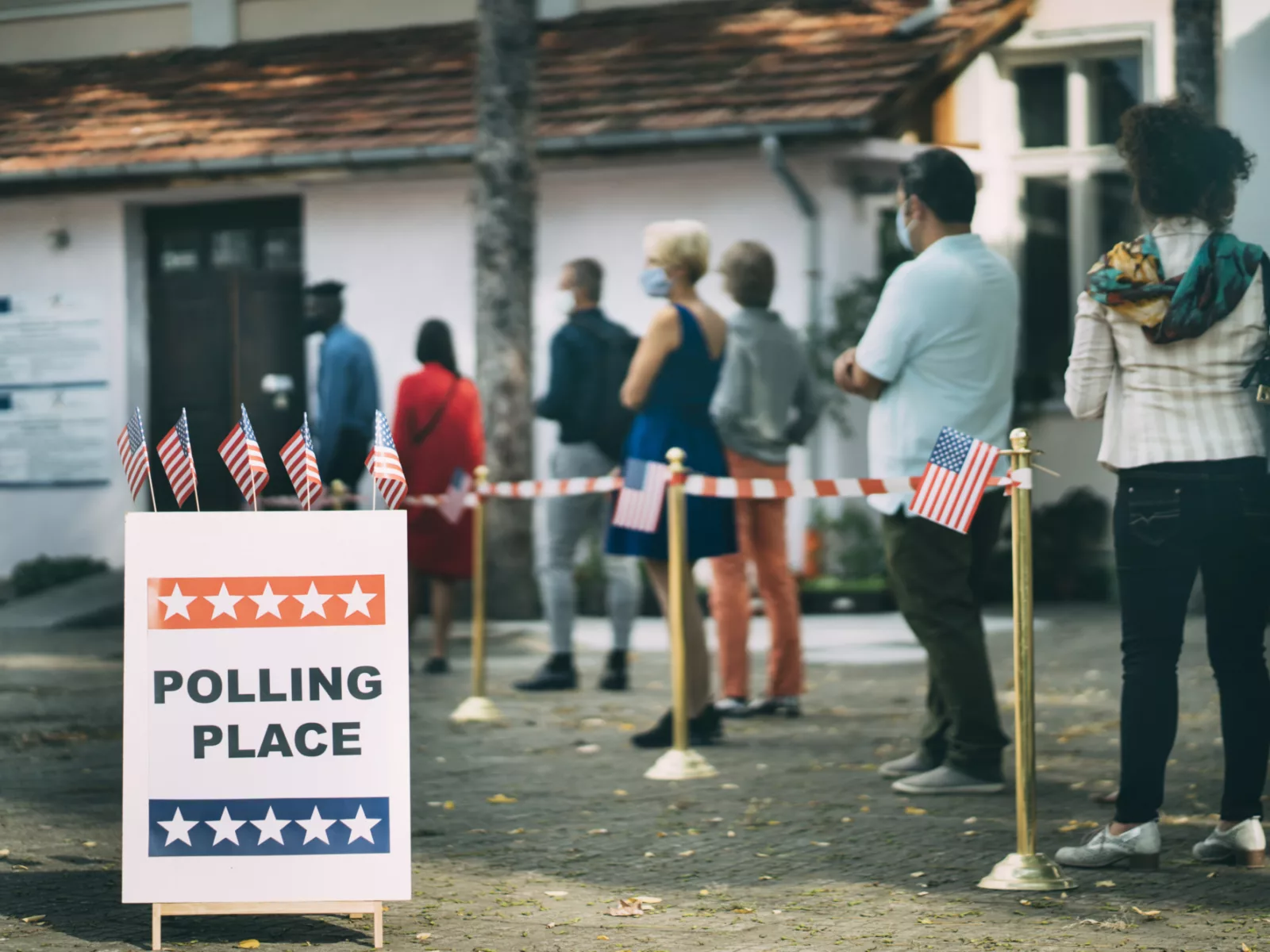Like many other states and localities across the United States, Fulton County, Georgia requires most people accused of a crime to pay a set monetary amount to be released from jail until their trial date. This practice of assigning money bail is a counter-productive and ineffective relic of a bygone time in the country’s history, and there is no better illustration of this than the $200,000 bail former President Trump was required to pay when he turned himself into Fulton County officials in August, AV Director of Criminal Justice Advocacy John Koufos writes in the Washington Times.
The stated purpose of money bail is to ensure that defendants return to court for their trial. However, as Koufos writes, Trump is no flight risk. He is one of the most recognizable and wealthy people on the planet, and someone who is currently running a campaign for President.
“Assigning money bail in his case is mere theater,” the op-ed says. “But even theater of the absurd can make a powerful point: In Georgia, like many other states, risk of reoffending or fleeing is not the main factor in whether a person is released from jail before trial. Instead, a person’s freedom is largely dictated by access to funds.”
In other words, thousands of people charged with low level offenses who pose little risk to community safety or of not returning to court are locked up for weeks, months, or even years before trial because they cannot afford to buy their way out of jail. At the same time, people who may pose a safety or flight risk can purchase their freedom if they have access to wealth.
Luckily, there is an alternative.
“Some states and localities have implemented a risk-based bail system, sometimes known as bail reform,” Koufos writes “These reforms use data to measure a defendant’s risk of skipping their trial date or reoffending, and then determine whether release, incarceration, or, in some jurisdictions, money bail is appropriate.”
These reforms have been implemented by Republicans and Democrats alike and in red, blue, and purple jurisdictions. And for good reason. Risk-based bail is rooted in evidence that money bail is ineffective at deterring crime or increasing court appearance rates. Moreover, pretrial incarceration due to a lack of access to funds is associated with a host of negative individual, family, and social outcomes.
“Risk-based bail advances liberty, saves taxpayer funds, and strengthens public safety,” Koufos writes. “It is a distinctly conservative policy improvement, and the sight of the former commander-in-chief having to pay to secure his release from jail should be the moment when Republicans unite behind its advancement.”
Read the oped here.
Read the facts about bail reform in New Jersey here.

















